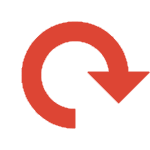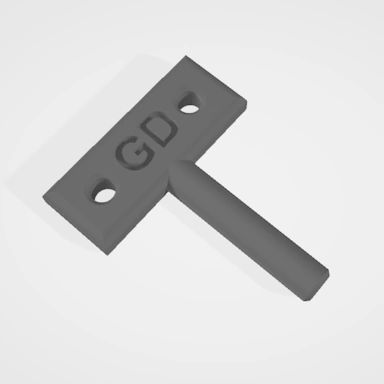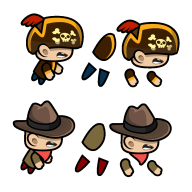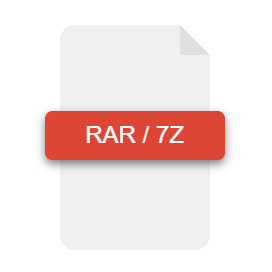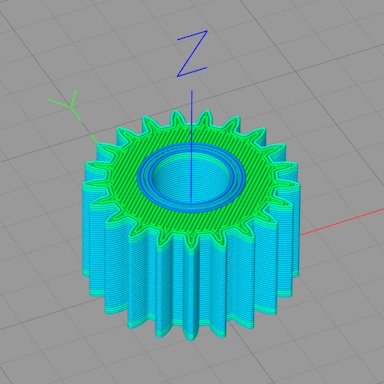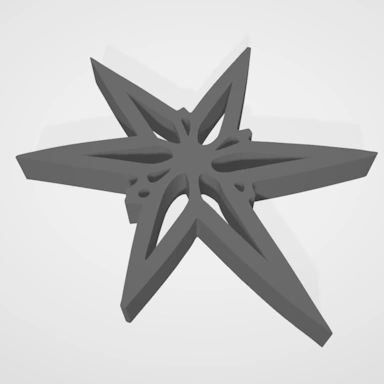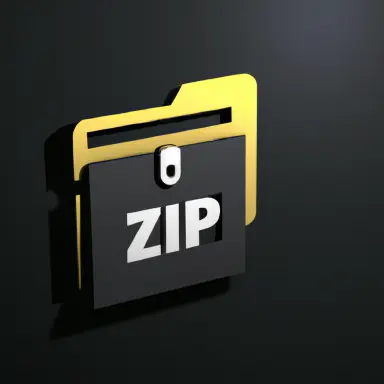| Extension | JPG |
| Full Name | Joint Photographic Experts Group |
| Type | Image |
| Mime Type | image/jpeg |
| Format | Binary |
| Opens With | Paint.Net, Photoshop |
A JPG file is a compressed and highly efficient image file format whose aim is to store photographic-quality images using a fraction of the storage space compared to other lossy and non-lossy image compression methods available at the time.
The compression used by JPG encoders is "lossy", meaning image colours that are not perceptible to the human eye are discarded during the compression process. The removal of this colour data greatly reduces the size of the final JPG file with no discernible loss in quality.
Due to their compact and high-quality format, JPG files are one of the primary image formats used by websites, digital and phone/tablet cameras, and more. This widespread support means JPG files can be edited within most popular image editing software.
The STL, or Standard Triangle Language, file format has been around since the '80s and is supported by most modern 3D modelling applications. In particular, the STL format has become something of a standard format within the area of 3D printing, despite the rise of more modern formats such as 3MF.
STL files come in two flavours: binary or text format. The text format is human-readable, making it easy to perform manual edits, but can lead to very large file sizes. As you can imagine, the binary format is much more compact and represents the majority of the STL files you are likely to encounter.
The format itself is very simple; the 3D model is represented by a sequential list of triangles, with each triangle defined with 3 points consisting of their X, Y, and Z positions, along with an additional vector that contains the face normal (the direction the face is pointing). There is an additional attribute block for each triangle; however, this is largely unused and thus unsupported.



